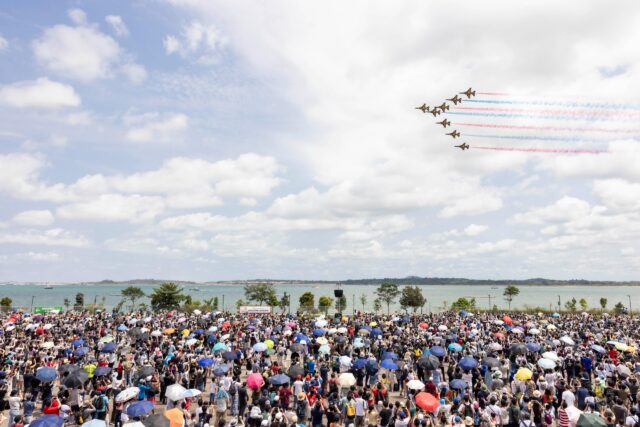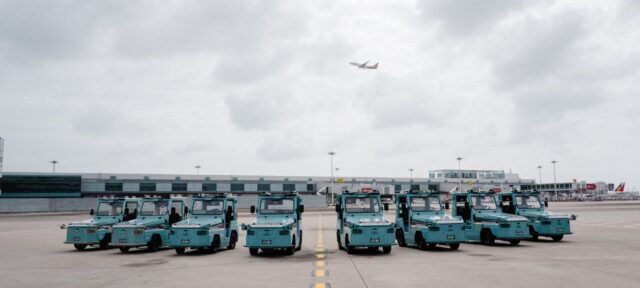
Cranfield Aerospace Solutions (CAeS) this year celebrates 75 years of continuous Design Approvals, which have enabled the company to deliver world-leading complex modifications and underpin its future as a global leader in the development of zero-emissions aircraft.
The company’s CAA Design Approval stretches all the way back to 1948, and the start of the Cranfield College of Aeronautics.
The College acquired a fleet of experimental and trials aircraft for its students which needed maintaining and modifications designing and certifying. The original approval, DAI/2436/48, was granted in 1948 and the scope has remained remarkably unaltered since, covering modifications and repairs to almost all types of aircraft.
Design approval
At one point the company also had a whole-aircraft design approval covering the A1 aerobatic aircraft that were designed and built in the late 1970s.
Over the last 75 years the name of the entity holding the approval has changed, including Cranfield Institute of Technology, Cranfield University, Cranfield Aerospace, and the current Cranfield Aerospace Solutions.
The design office has also migrated over this period, but the aircraft have always been based in Hangar 2 at Cranfield, which is currently undergoing a revamp ready for a major year in CAeS’ testing programme for Project Fresson – the conversion of a conventional 9-seat Britten-Norman Islander to hydrogen-propulsion.
In 2005 CAeS also gained its EASA Design Organisation Approval, EASA.21J.145. The scope was similar, but the company now operated under European Part 21 regulations. This continued until the UK left the EU at which point, we were issued with our current approval, UK.21J.0145.
CAeS
CAeS is a UK-based aviation pioneer which, via Project Fresson, is developing a world-leading hydrogen propulsion system for the Britten Norman Islander, with the aim to deliver the world’s first, zero-emissions, regulatory certified passenger aircraft solution by 2026. The company’s ultimate goal is to become an airframer of low and zero carbon sub-regional and regional aircraft and to play a critical role in the decarbonisation of the aviation industry.
CAeS was created out of Cranfield University and has been operating as a commercial entity at the cutting edge of aircraft development for over 30 years, having been trusted by global aerospace OEMs, including Rolls Royce, Airbus, Boeing as well as NASA to undertake complex R&D projects which have included aircraft design, modification and assembly.
Subscribe to the FINN weekly newsletter
















